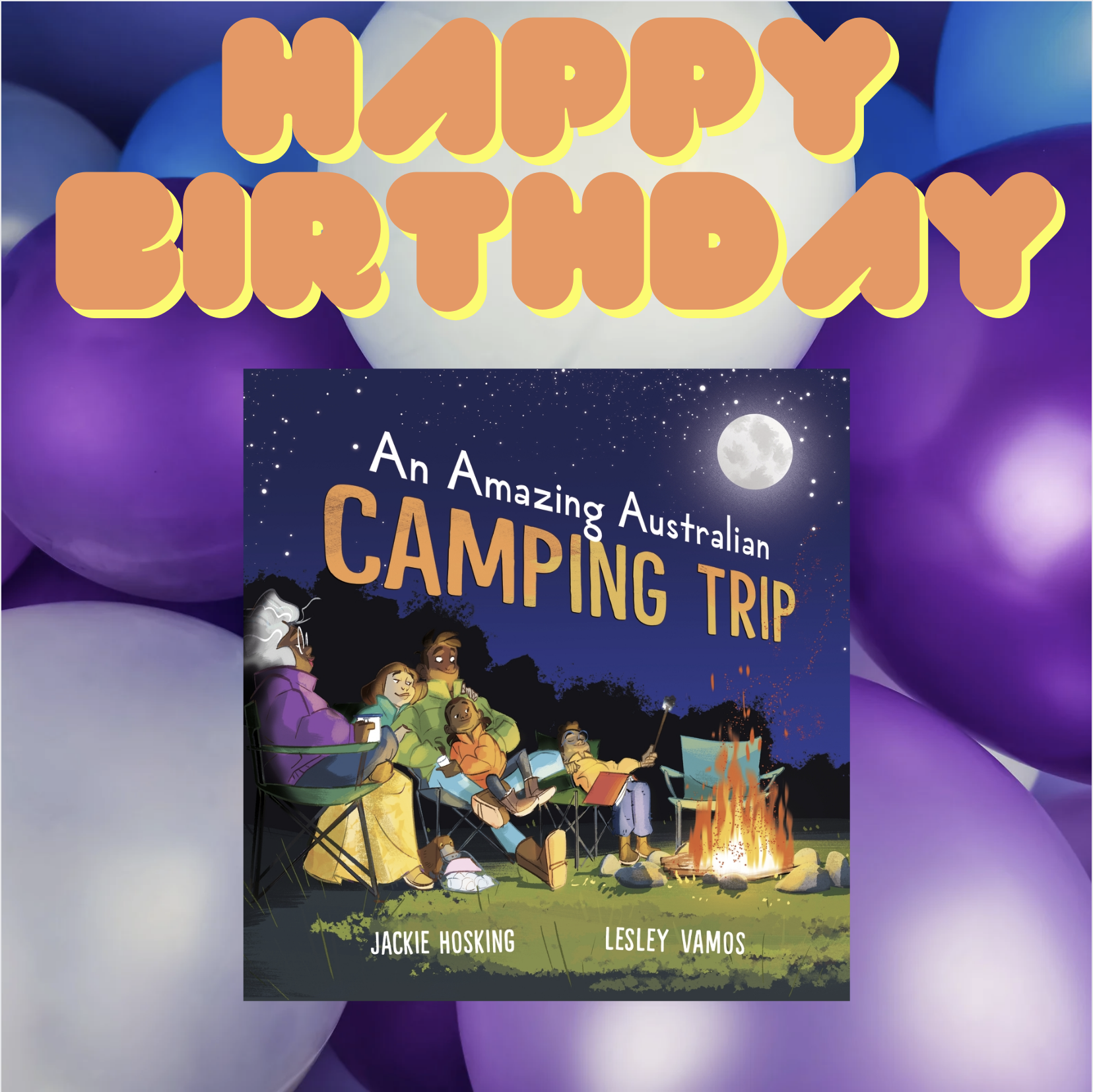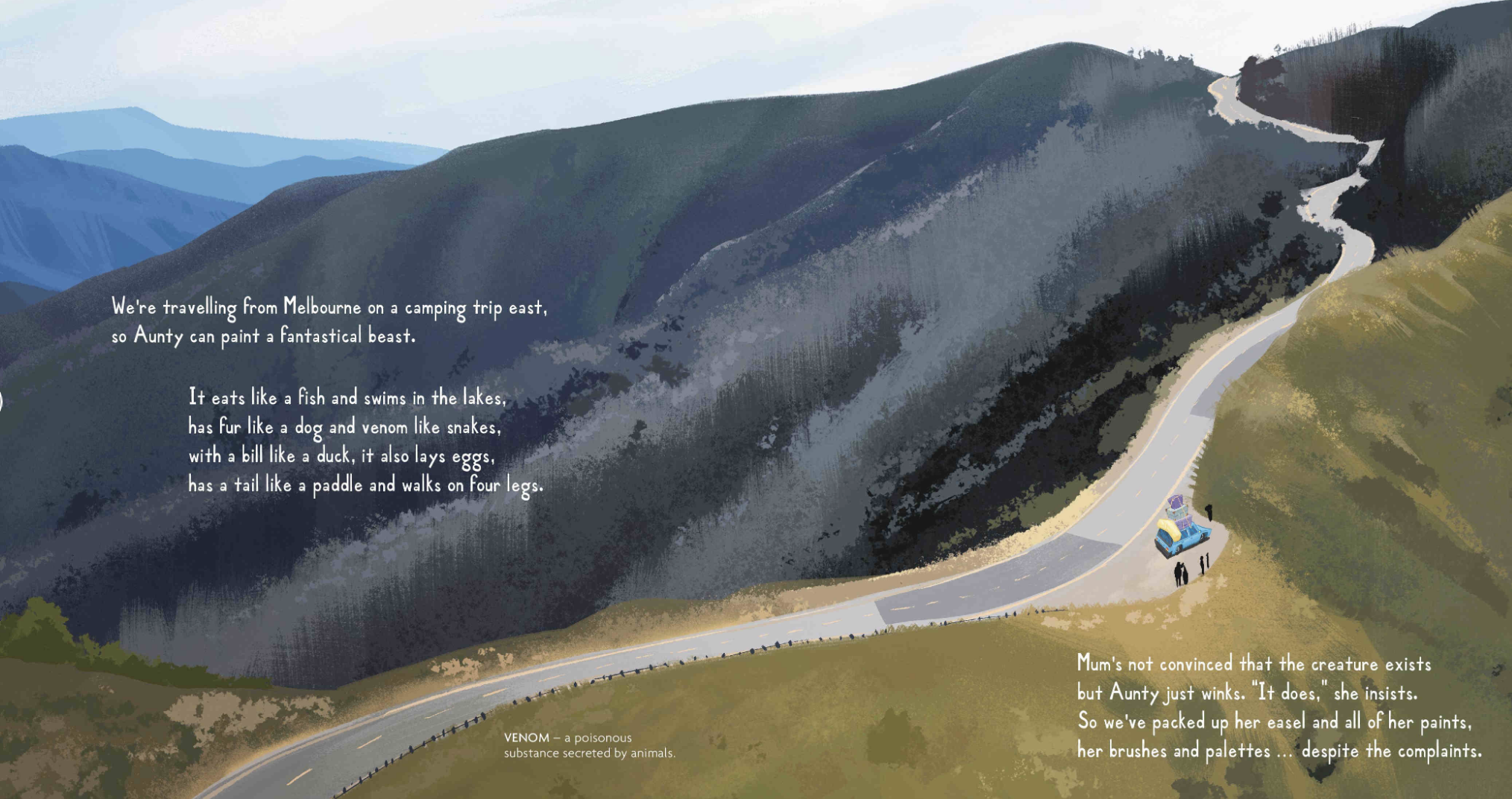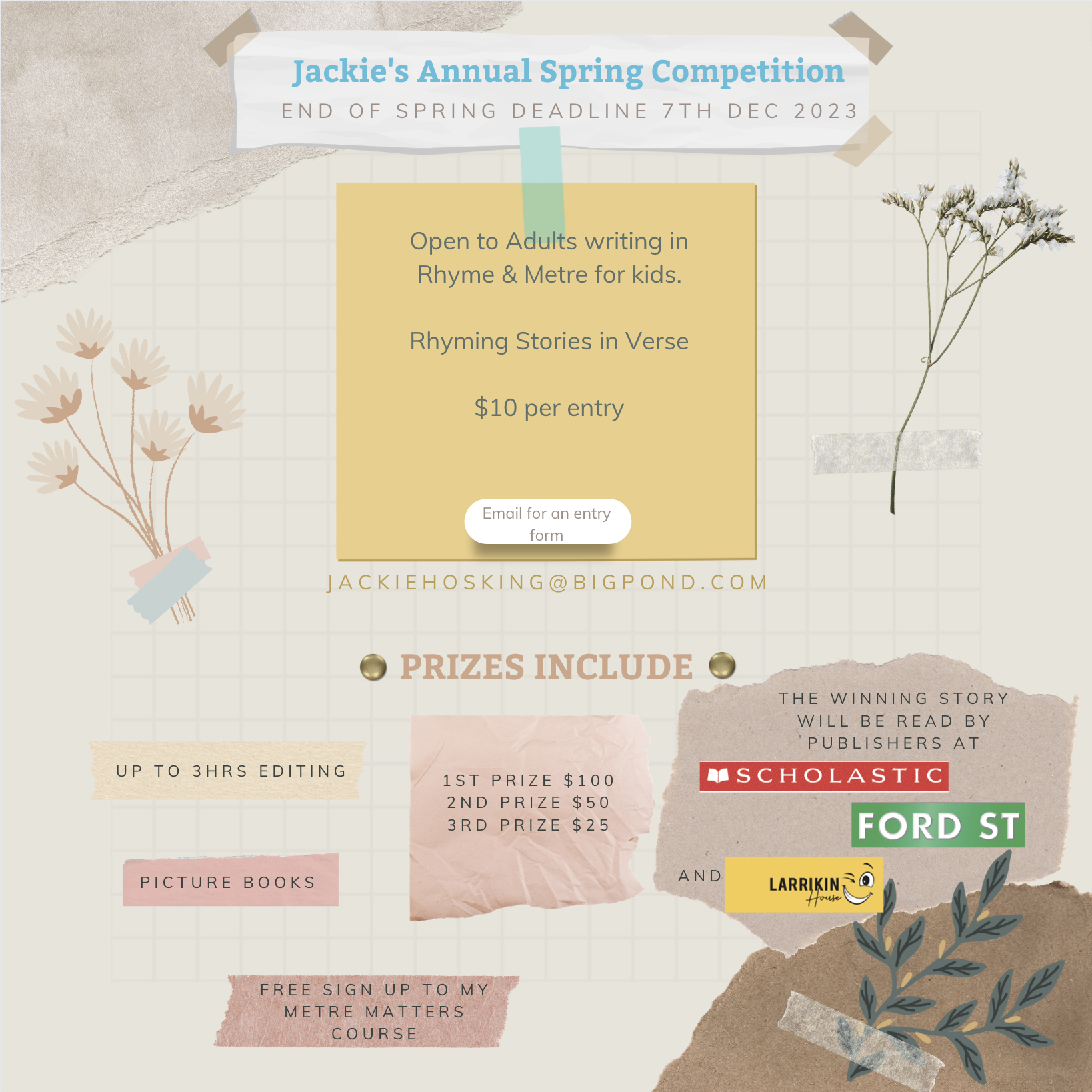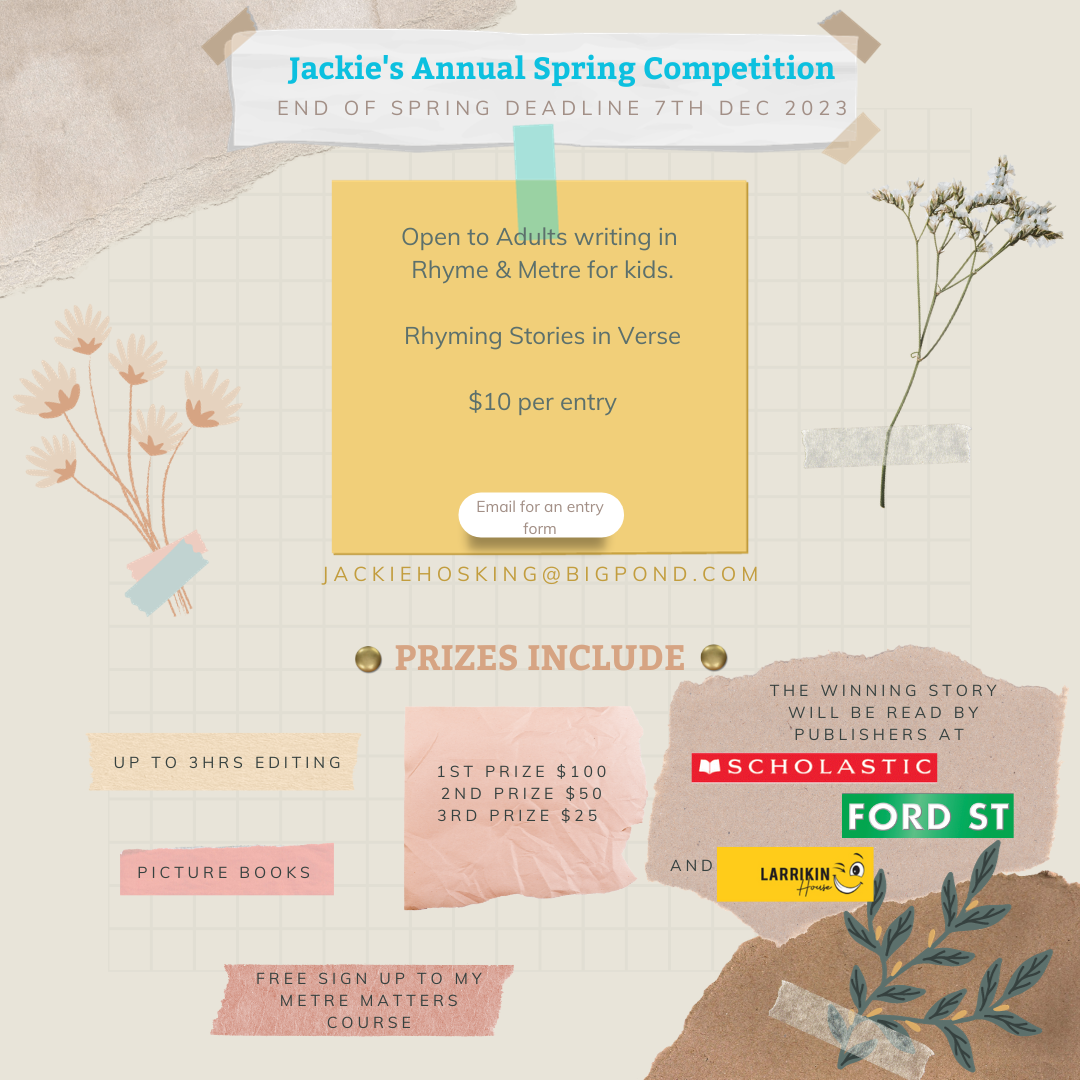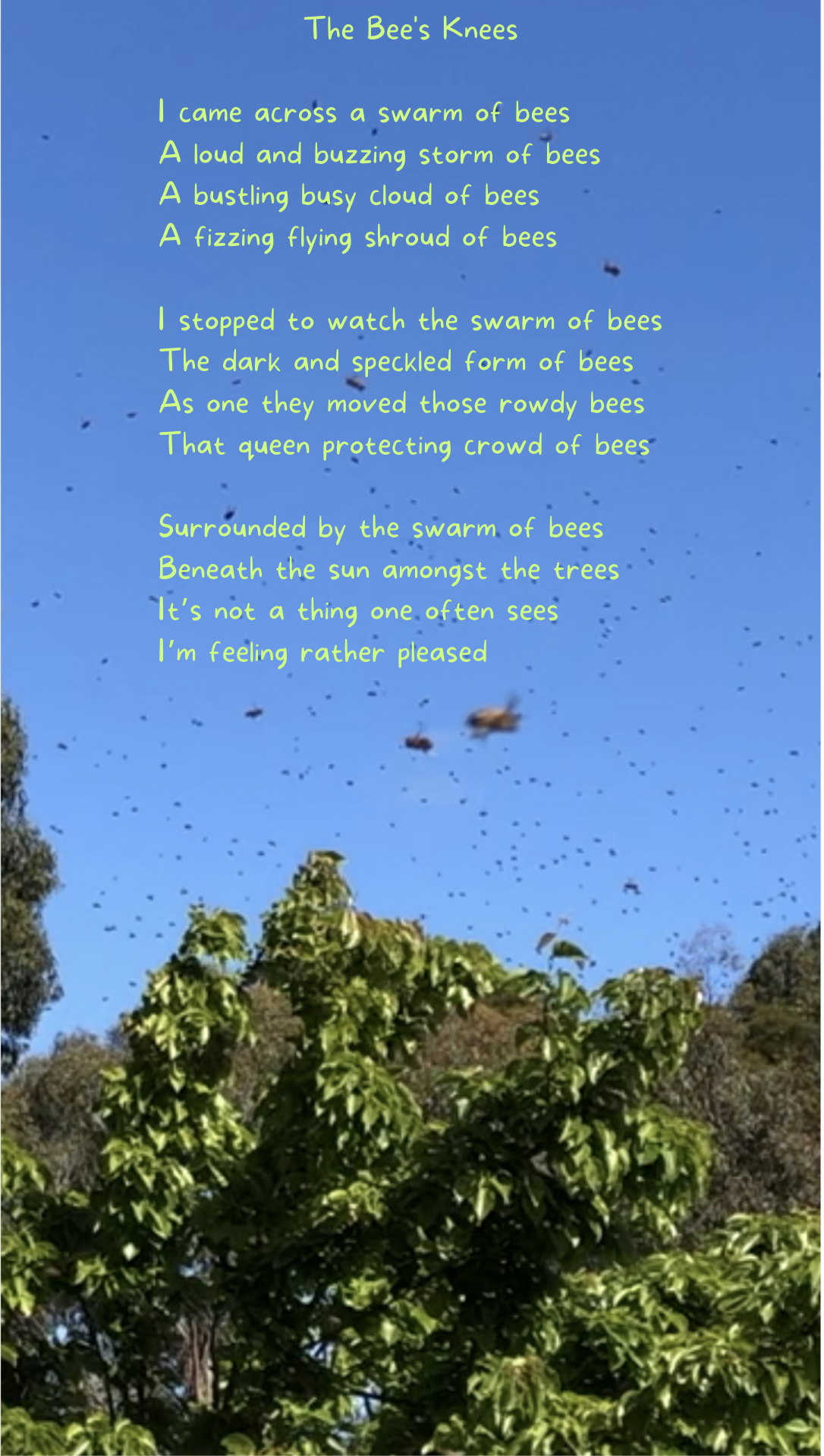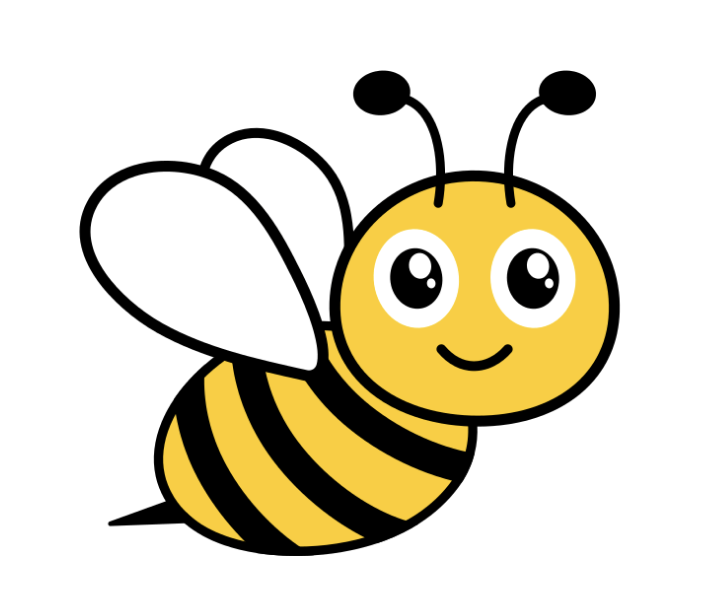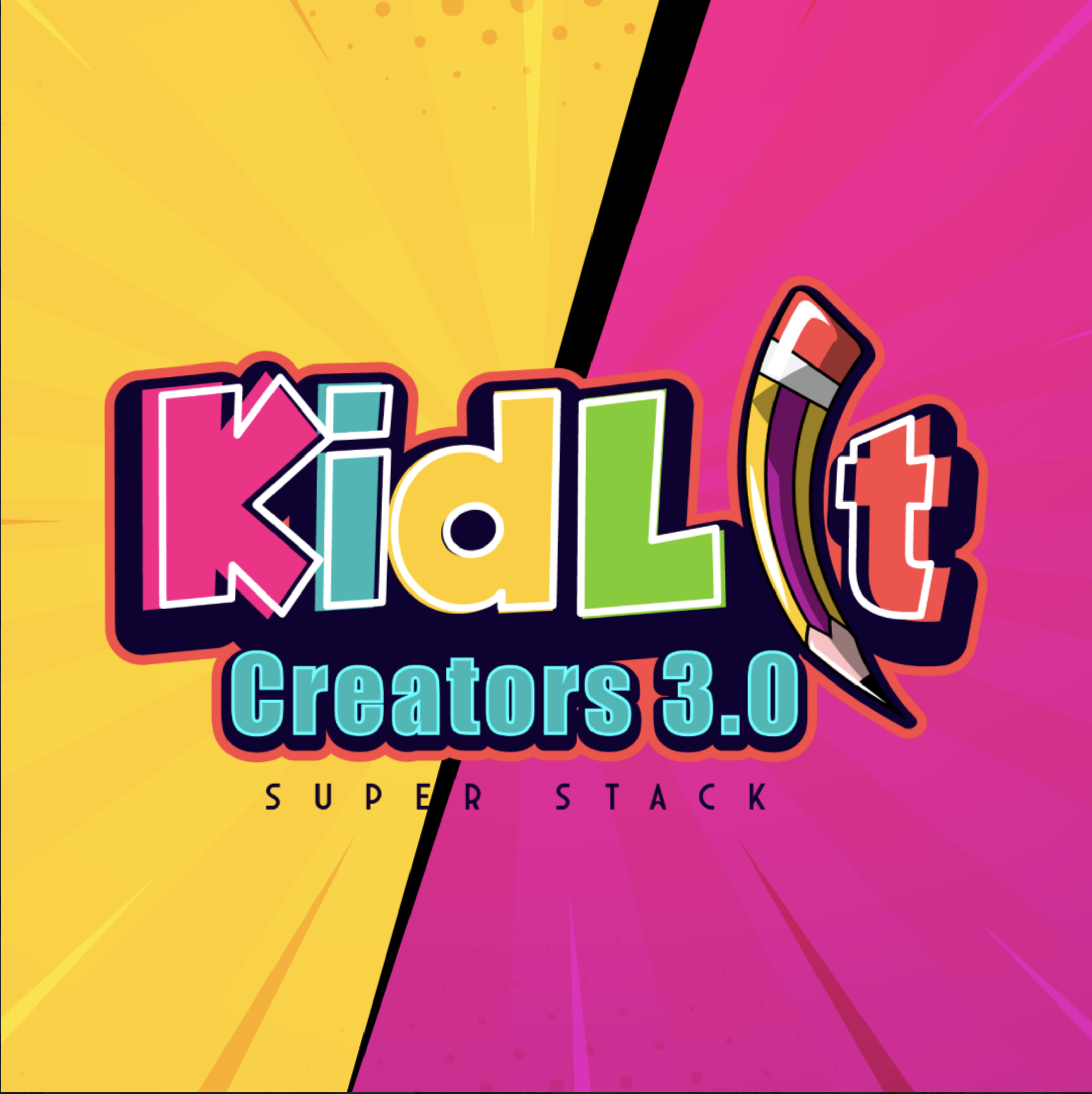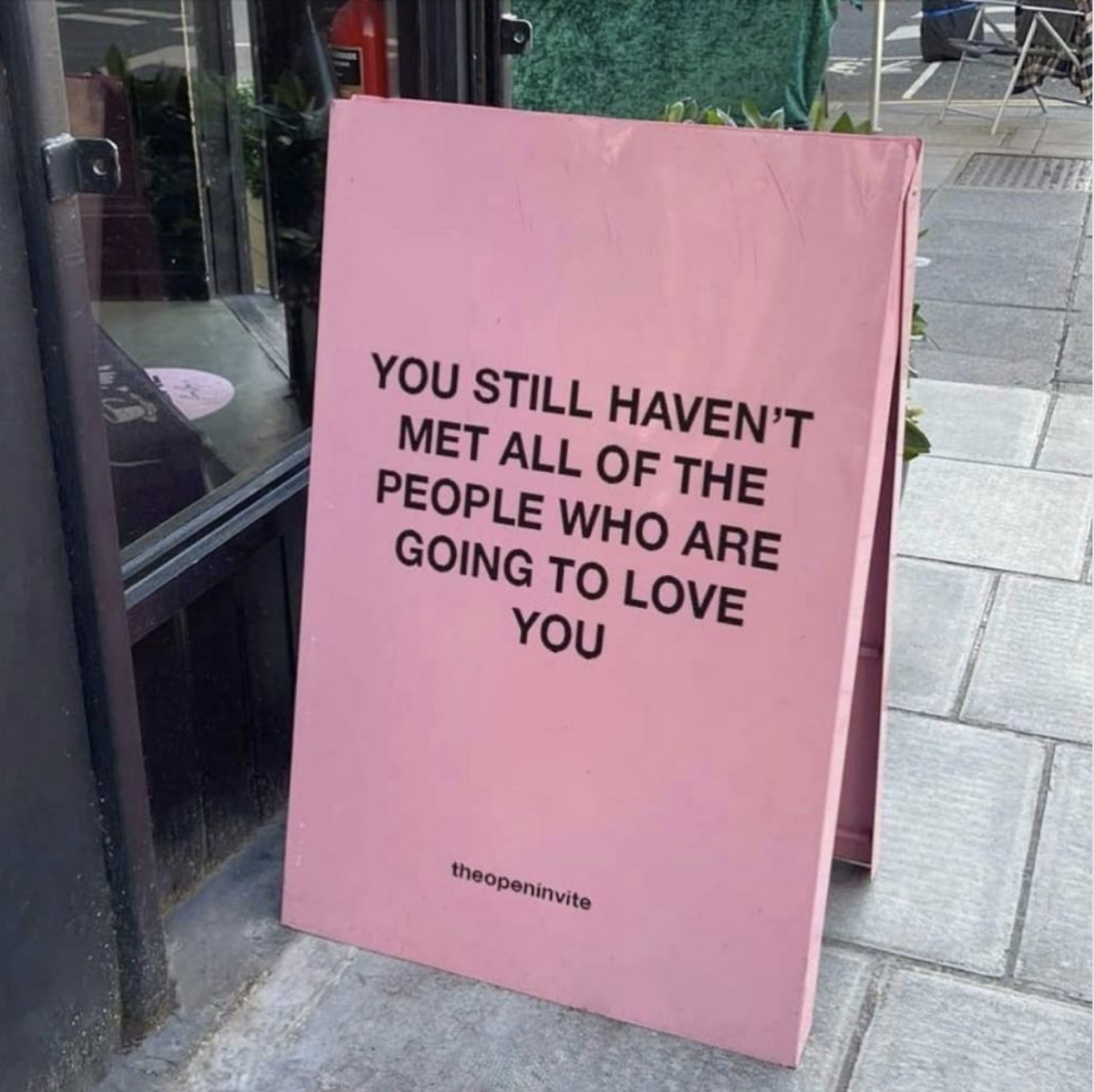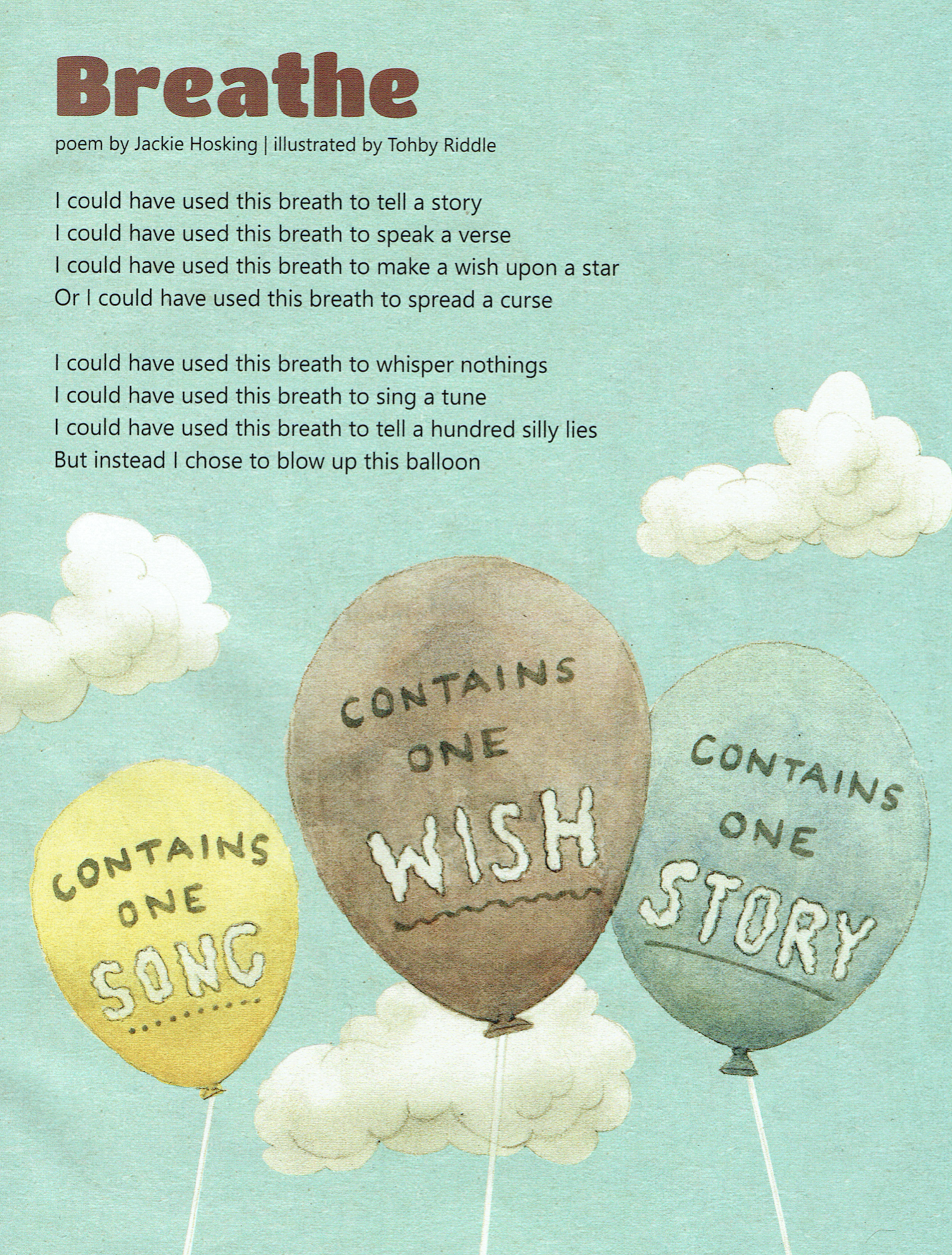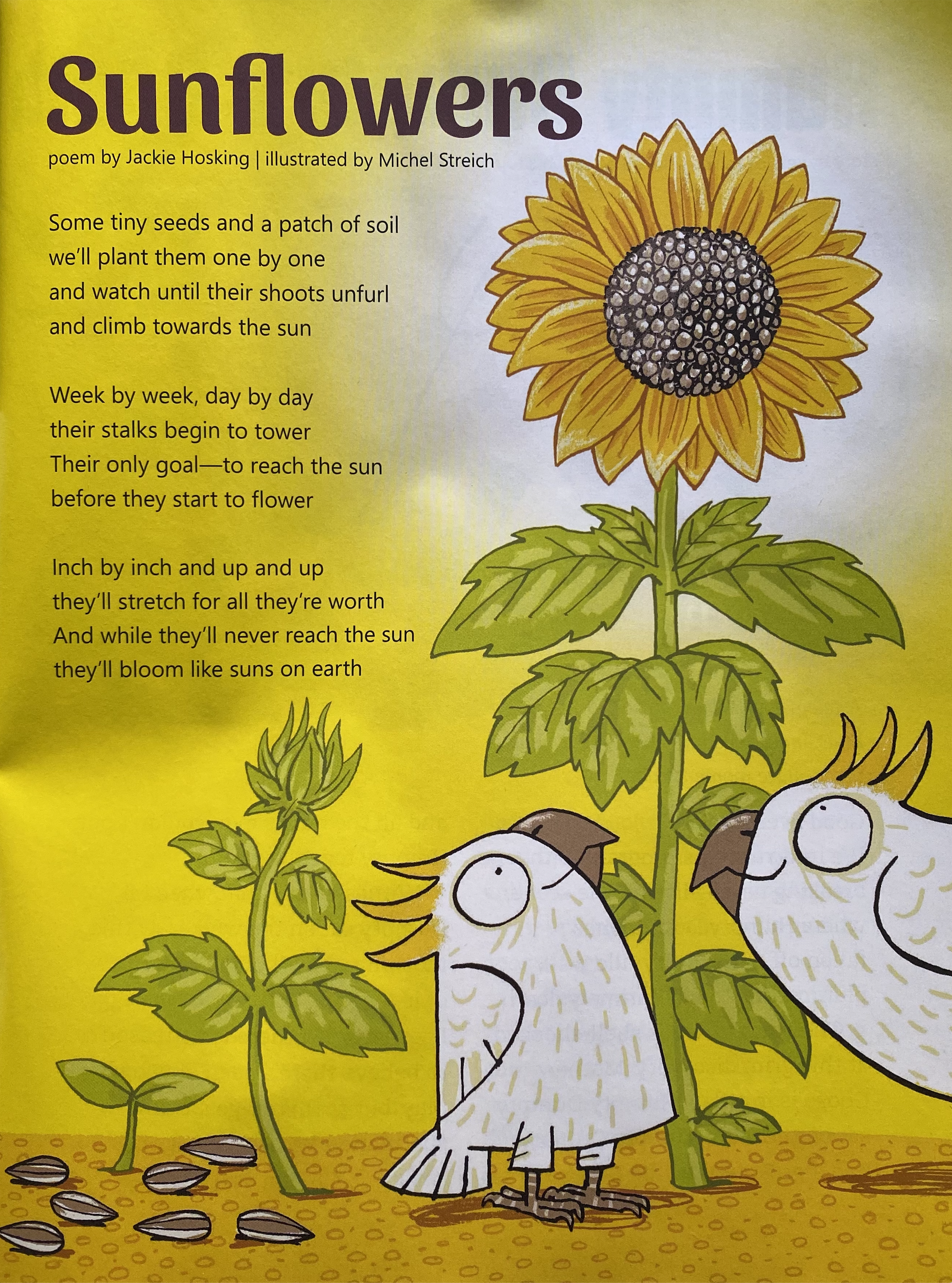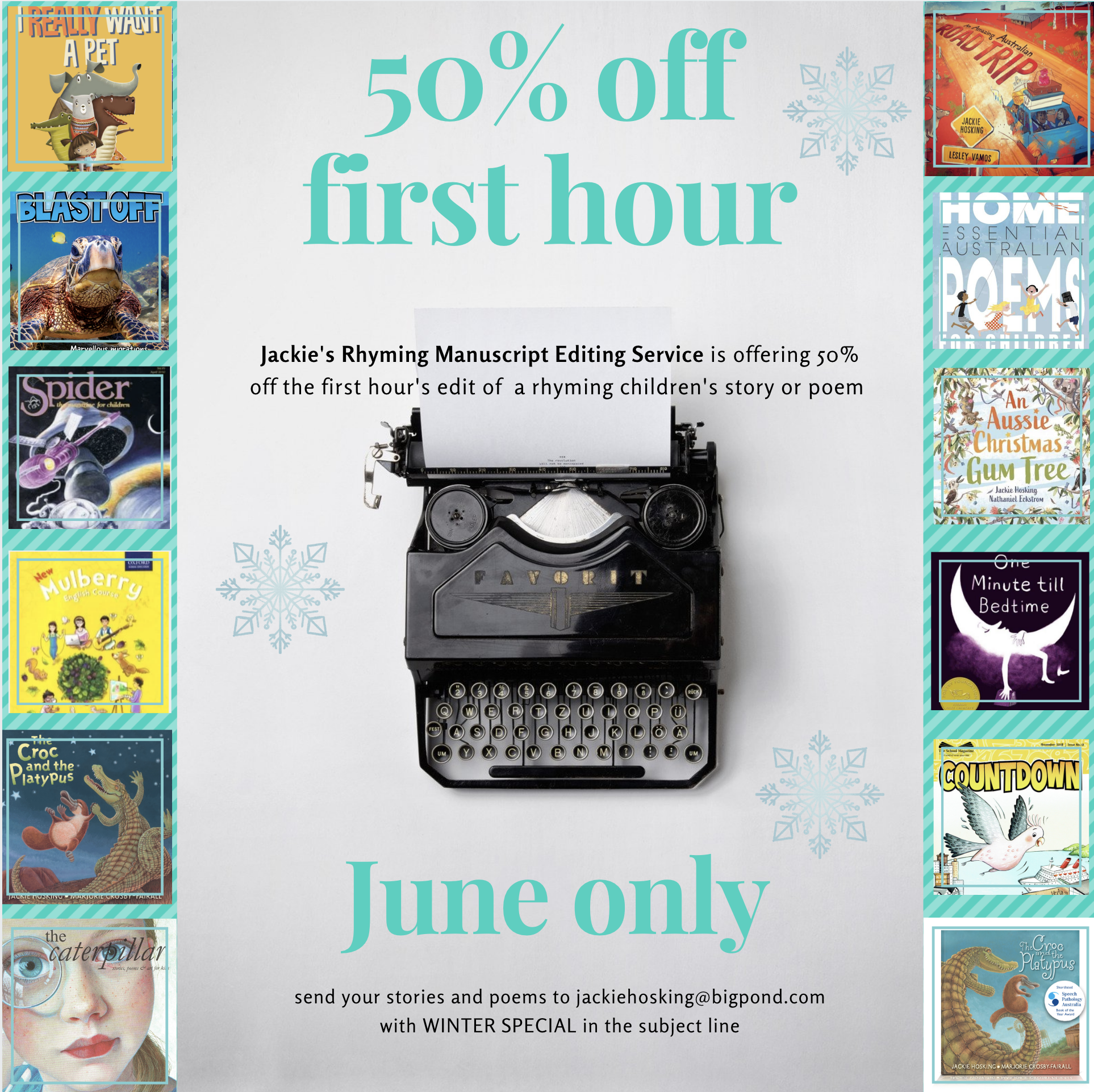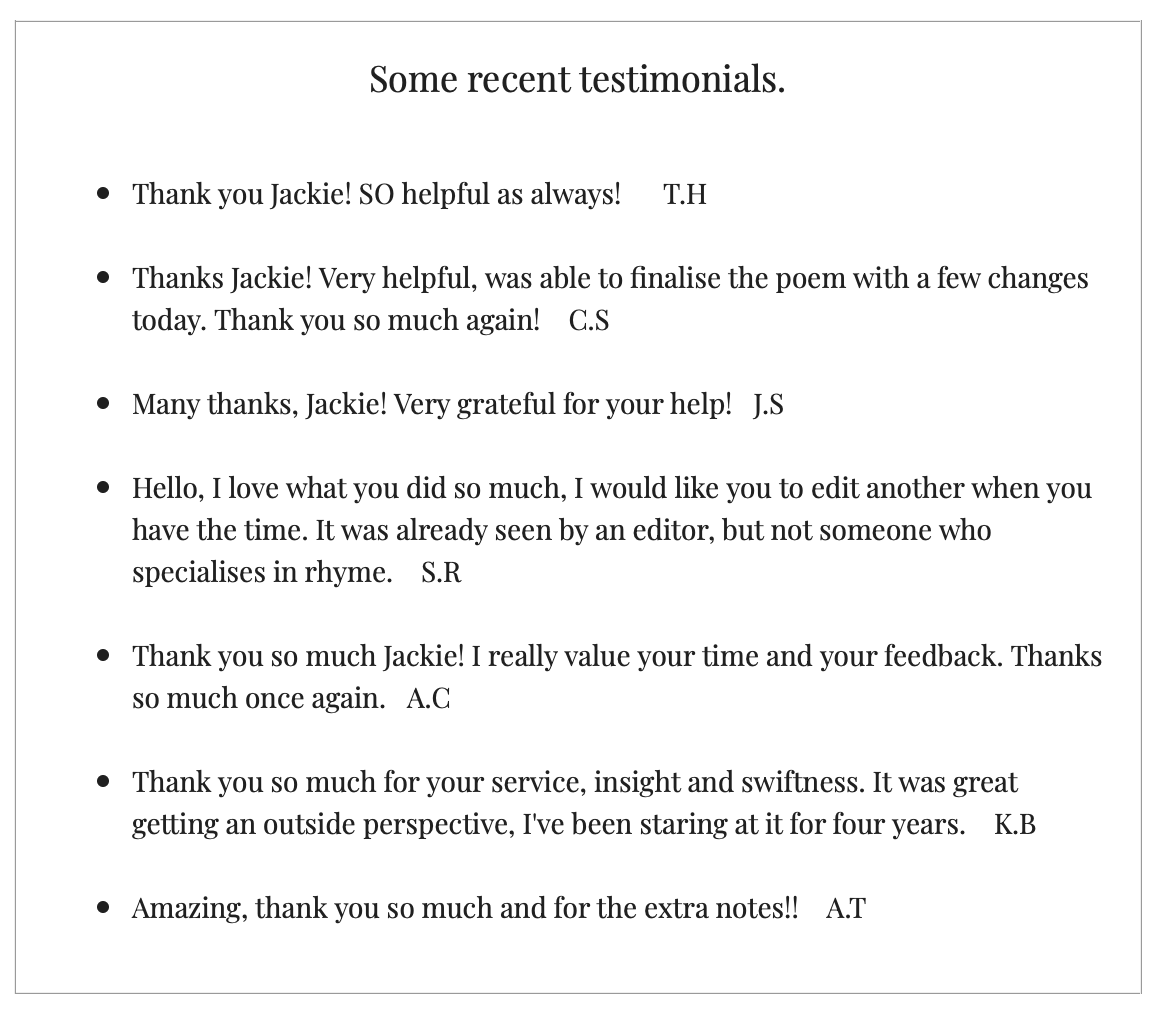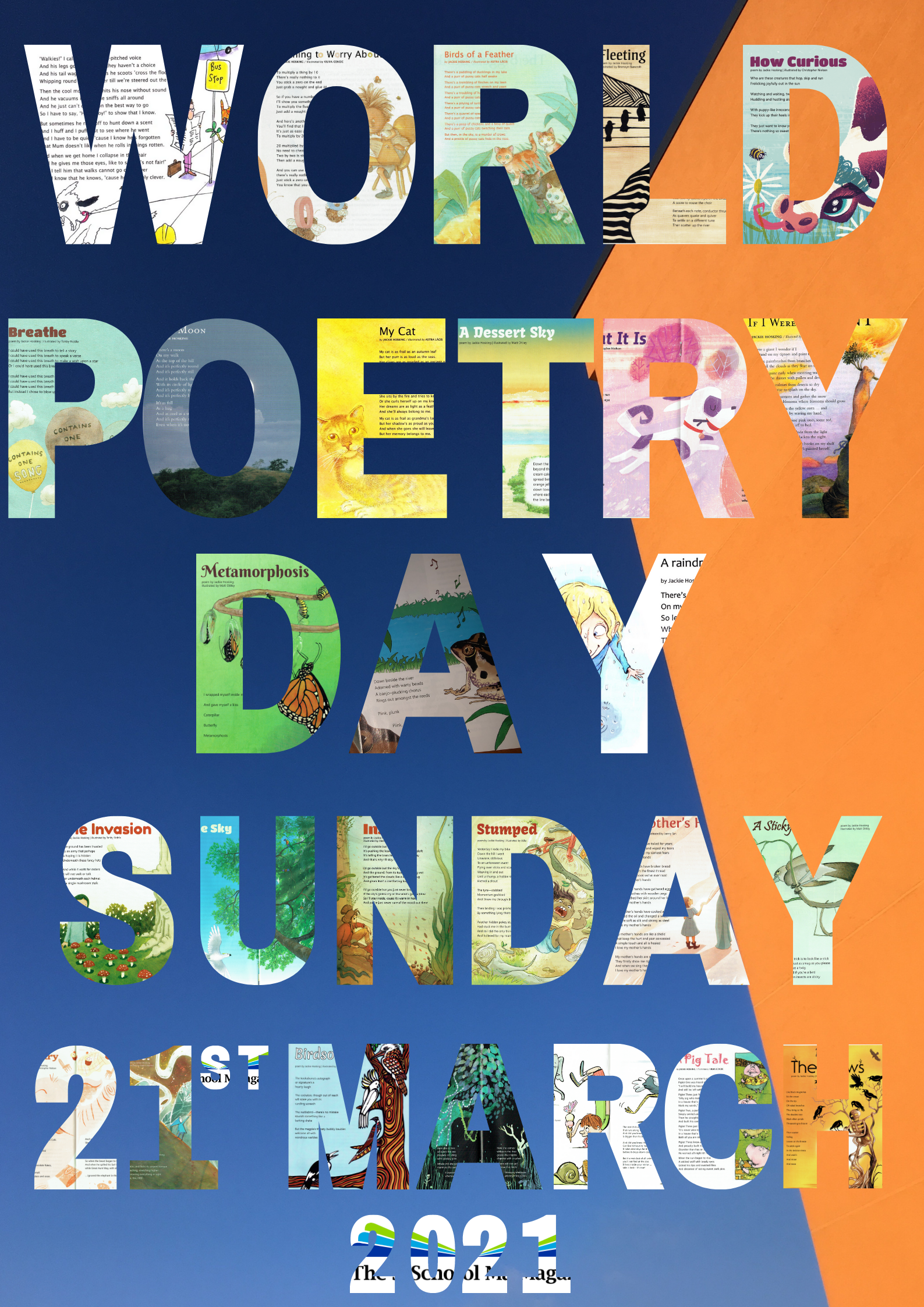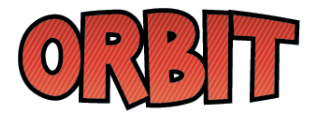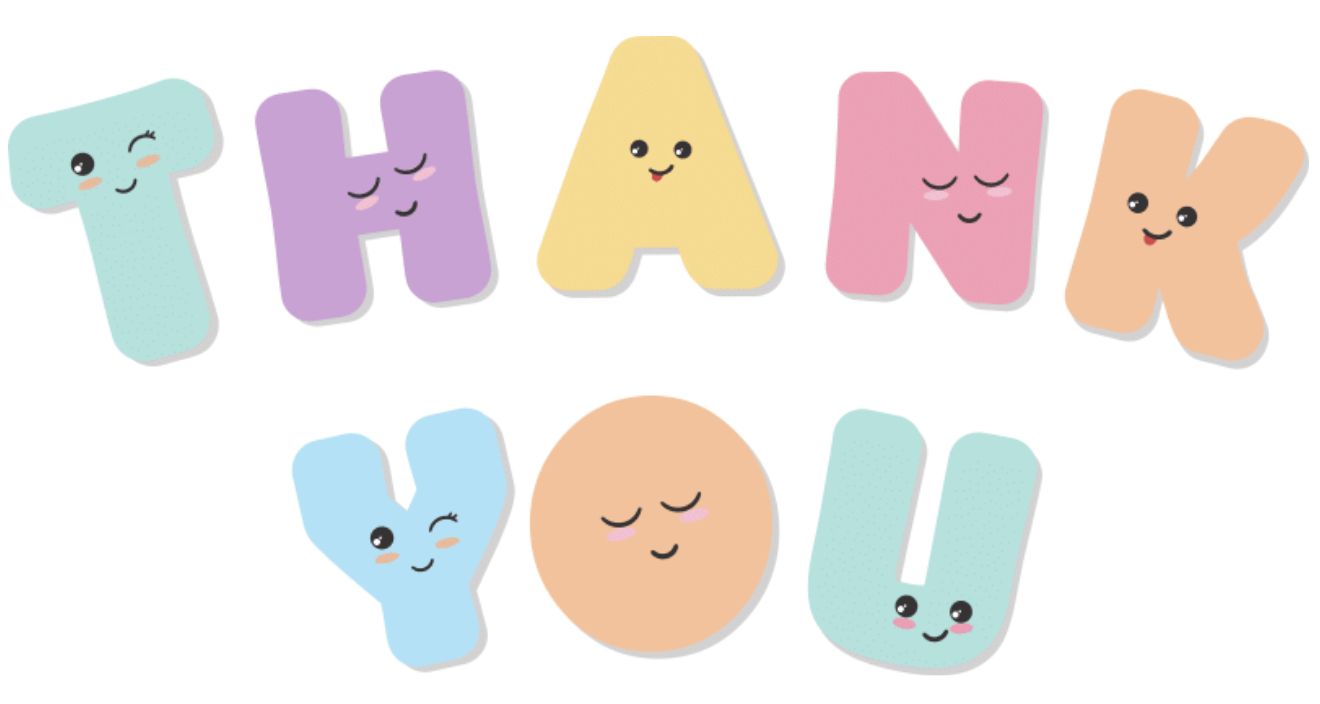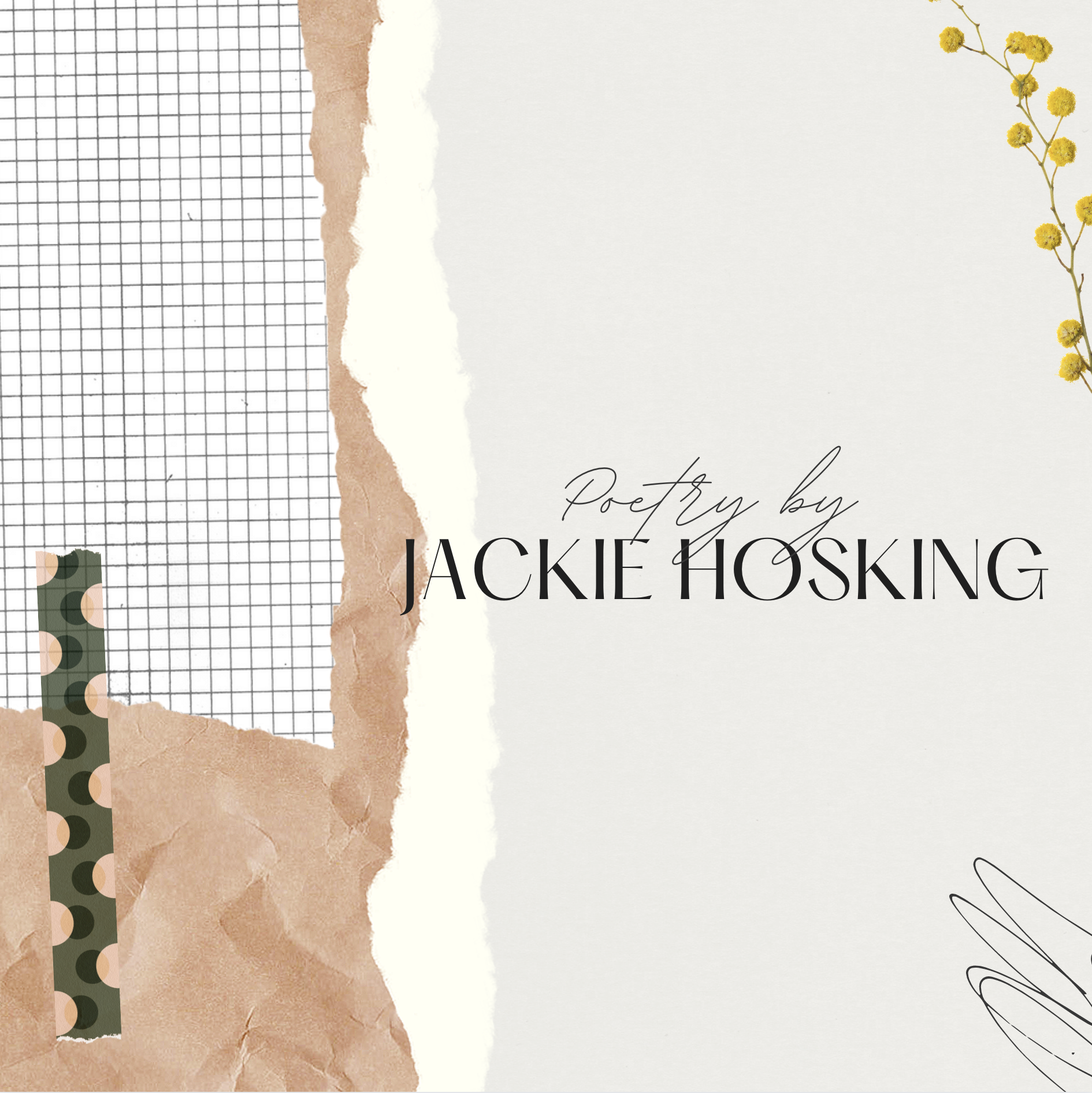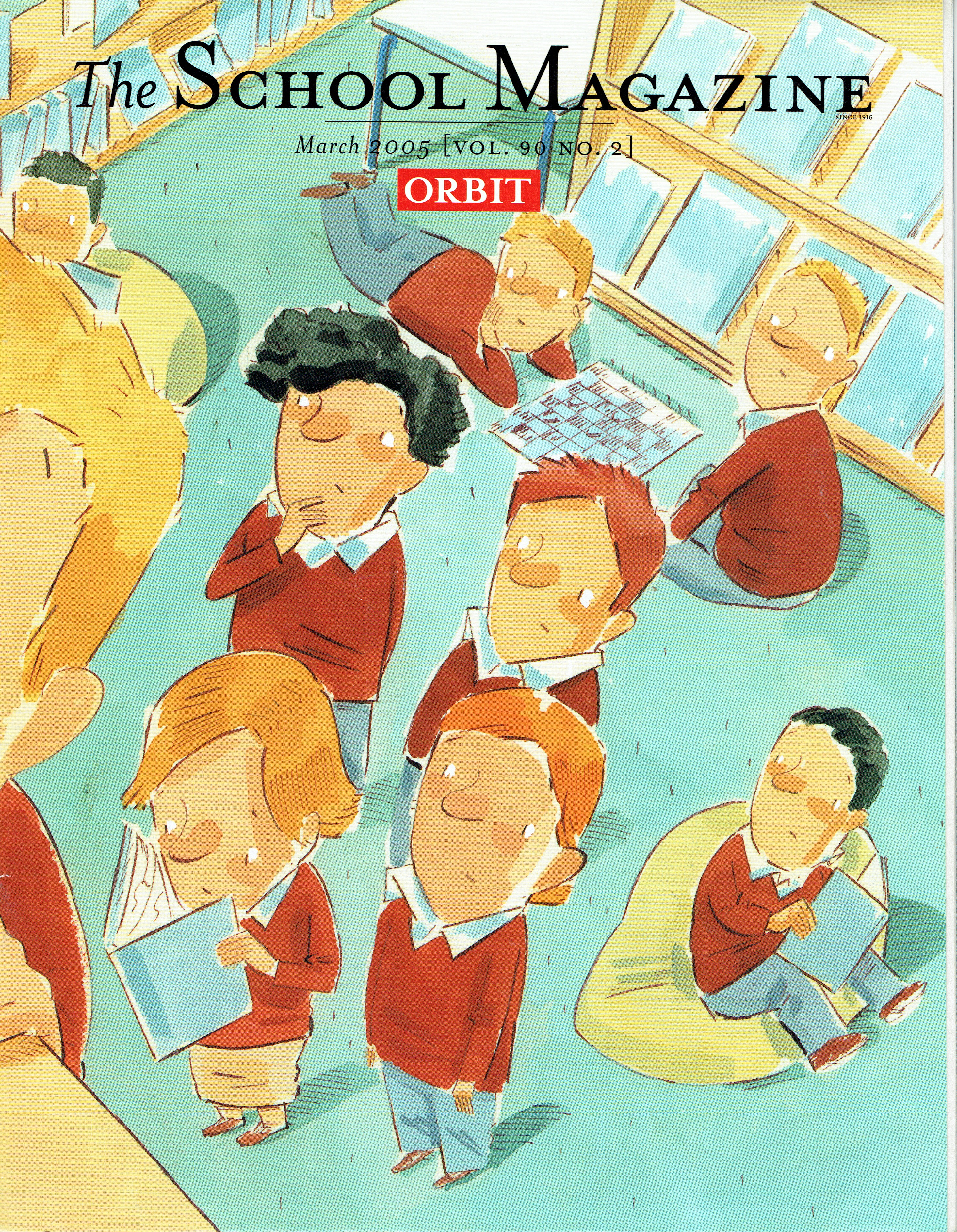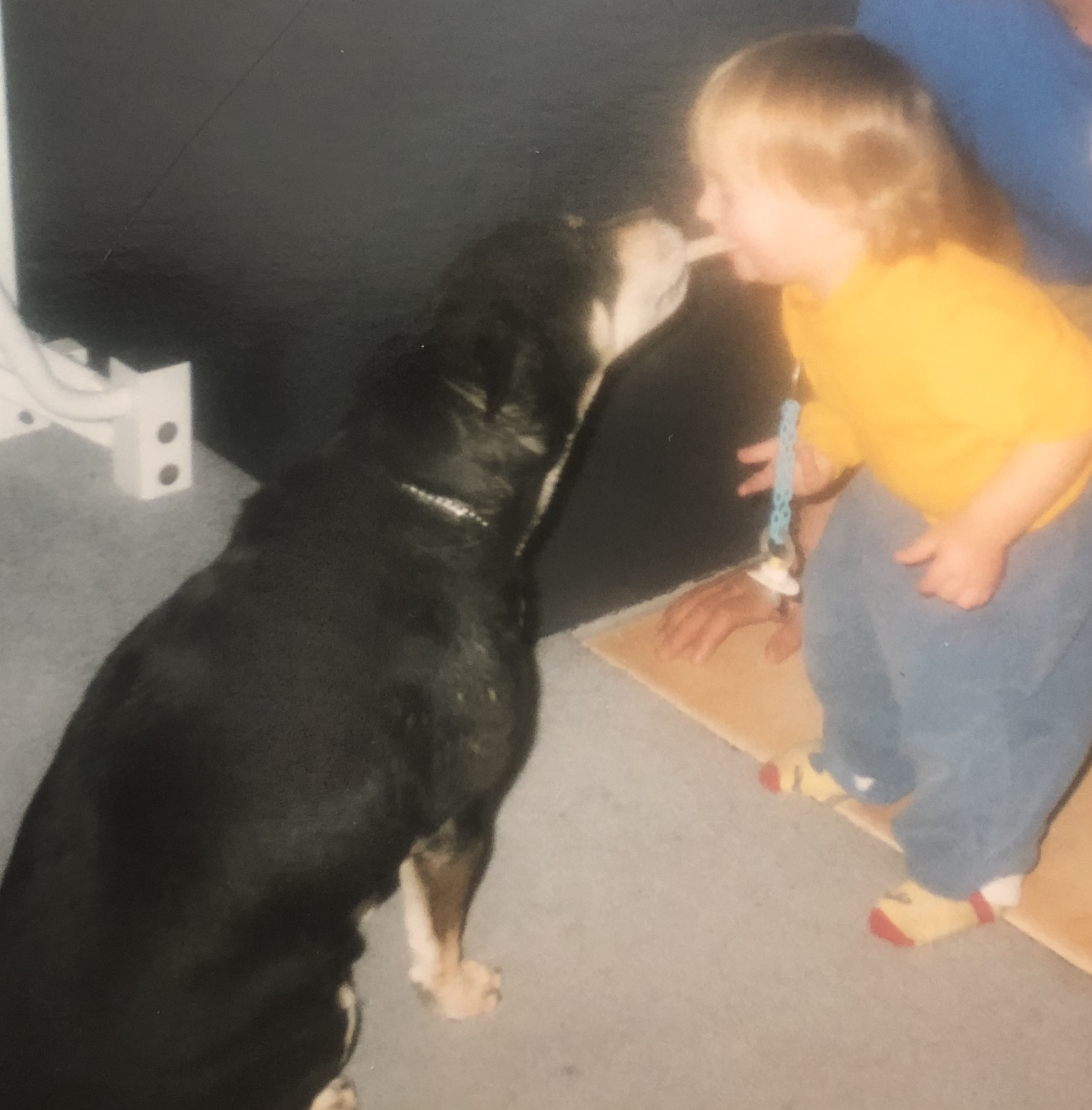As many of you will know, I love to write in rhyme, in fact, I find it difficult to write in any other way. But of course you can’t talk about rhyme without talking about metre. What is metre I hear you ask? Many people will say something like, the rhythm, the beat, the scansion but what does that look like in practical terms?
Think of a string of words – just like that one – then chop it up into syllables*. With this string it’s easy because all the words have one syllable. Read it aloud, where do the stresses fall naturally?
*a unit of pronunciation having one vowel sound, with or without surrounding consonants, forming the whole or a part of a word; for example, there are two syllables in Jackie – with the stress falling on the first syllable JA/ckie*
THINK of/a STRING of WORDS
If you keep the stressed ones and remove the others oftentimes the remaining words still give you enough info that you can decipher its meaning. That’s why they’re stressed. They are important to the meaning trying to be conveyed. The other ‘function words’ tend not to be stressed. Of course this isn’t set in stone, context can also determine stress position but let’s keep it simple.
Is this string of words written in metre? Well that depends on how it would look within a verse.
Think of a string of words
Think of a flock of birds
Think of a piece of cake
This next line is a very big mistake
The first 3 lines follow this metrical pattern.
Dactyl (triple) STRESSED unstressed unstressed THEN trochee (duple) STRESSED unstressed STRESSED
The 4th line isn’t written in metre at all.
STRESSED STRESSED STRESSED unstressed unstressed STRESSED unstressed STRESSED unstressed STRESSED
or (I’ve bolded the stressed syllables)
This next line is a very big mistake
Without metre, rhyming verse can sound awful which is one of the reasons publishers can shy away from it. The other more practical reason is that rhyme (and metre) is very tricky to translate even to American English where stresses can fall on different syllables. For example: PA/pri/ka vs pa/PRI/ka
So what then, exactly, is metre? And this is very important to understand.
Metre is the result (not the cause) of the pattern that naturally emerges from the words that are written down. Can it be manipulated? Sometimes, but again, let’s keep it simple.
4 common mistakes
- Ignoring metre (as in the last line of my poem above) and slapping a rhyming word on the end does not a poem make.
- Asking the reader to mispronounce words so that the stress falls on the sound you are rhyming with instead of where it actually belongs. For example ‘encore’ does not rhyme with ‘door’ unless you mispronounce it and put the stress on the second instead of the first syllable.
- Repeating yourself by letting the rhyme drive the story rather than the other way round.
- Twisting your words into ‘yoda speak’ or ‘oldy worldy English. For example, ‘the tree black’ instead of ‘the black tree’ and ‘he did say’ instead of ‘he said’ (just fyi – this one is like fingernails on a chalkboard to editors).
And of course the best way to see if you’ve committed any of these rhyme crimes is to have someone else read it aloud – like yours truly for example.
So if you have a rhyming story or poem that won’t behave itself, drop me a line and we’ll soon get it sorted. Please note my change of email address to jackiehoskingpio@gmail.com
And not one to blow my own trumpet – here are some lovely words from recent happy customers.
This is so helpful! It gives me confidence and guidance to keep going—many thanks
Genevieve Y
Thank you Jackie,
This is so helpful! Your explanation makes lots of sense.
I feel I will be able to make some good revisions based on your feedback, and you have also given me great advice that will help me to review my other rhyming manuscripts. Once I have done this, I will come back and use your wonderful editing service again!
Billie R
Hi Jackie,
That’s brilliant!!
Thanks a million.
Janeen B
Thanks so much Jackie.
Really good to have had your eyes over it and to know the meter flows well now.
I’m still very new to writing in rhyme so am learning a lot! Hopefully each story will keep getting better.
Thanks again,
Vikki M
Wow, thank you for being so speedy! I had a quick look through (I’ll spend more time going through it once I finish my day job!) but you are a magical rhyming genius.
Thank you so so much, greatly appreciate your help.
Rebecca G
